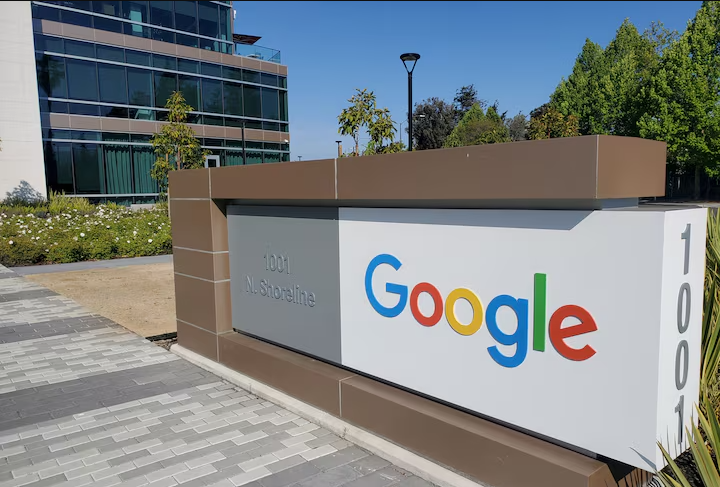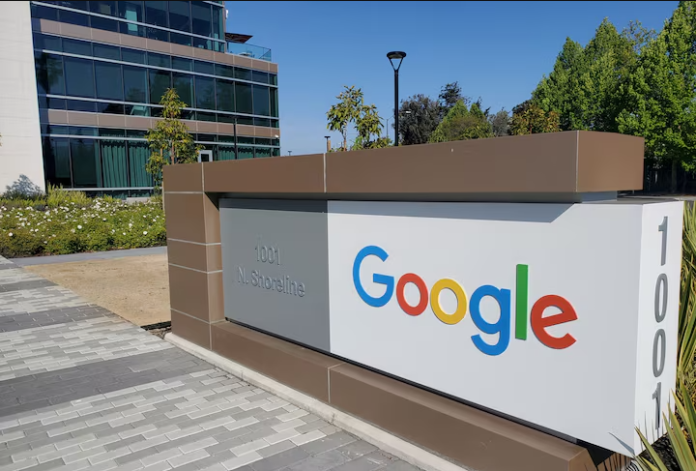In a major win for fair competition and consumer choice, Germany’s top antitrust regulator has officially closed its investigation into Google’s automotive services — but not without first pushing the tech giant to make significant changes. This decision marks a big shift in how Google’s in-car platforms will function across Europe, and the ripple effects could reshape the entire smart vehicle industry.
The Federal Cartel Office of Germany launched a probe into Google’s in-car ecosystem after raising concerns that the company was bundling its services — Google Maps, Google Play, and Google Assistant — in a way that stifled competition. Smaller mapping and infotainment service providers like TomTom, HERE, and Mapbox had limited access to carmakers, making it difficult for them to compete on a level playing field.
In response to mounting regulatory pressure, Google agreed to a set of remedies that effectively open the door to competitors. Under the new commitments, automakers using Google’s system can now integrate alternative apps and navigation tools directly into their vehicles’ infotainment platforms. Furthermore, Google will no longer enforce contractual clauses that restrict the combined use of its services with those from rival companies.
Andreas Mundt, president of the Federal Cartel Office, praised the outcome. “We are pleased to have reached an agreement with Google that not only resolves our concerns but also promotes more open markets across Europe,” he said.
The German regulator’s move is not just a local fix. Since many car manufacturers operate on a global scale, these changes are likely to be adopted beyond Germany, potentially transforming how smart car systems are developed and deployed worldwide.

This case also highlights Germany’s growing role in tech regulation. Since gaining enhanced enforcement powers in 2021, the Cartel Office has launched investigations into major players like Google parent Alphabet, Meta (Facebook), and Apple. These probes aim to curb the dominance of big tech firms and ensure that innovation isn’t crushed by monopolistic practices.
A spokesperson for Google, Ralf Bremer, responded to the development by stating, “Google’s platforms have always offered choice and innovation. We’re committed to supporting carmakers and users with helpful and competitive tools.”
As the automotive industry leans further into connected technology, these regulatory changes could be a game-changer — offering consumers more choice and developers more freedom to innovate.



